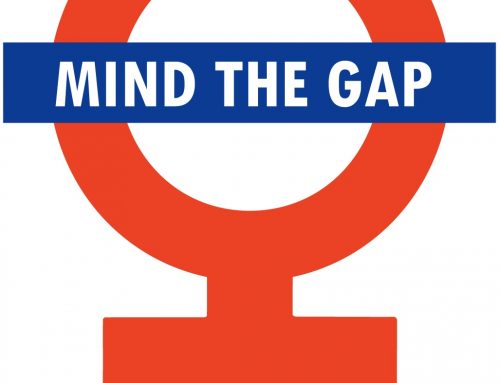 Depending on how you look at the millennial generation, they are either innovative and optimistic or entitled youth with outsized expectations. As with most things, the truth is somewhere in the middle. Millennials may have been more cosseted than past generations and they were not prepared for massive college debt, the recession, and subsequent jobs crisis. Yet this generation also prioritizes meaning and value over paychecks and advancement and has excellent possibility as future leaders.For millennial women, the challenge of overcoming unconscious bias in the workplace is alive and well. A Deloitte survey posits that 48% of female millennials feel they are being passed over for management positions. These women also view the path to leadership as daunting, with less potential for reward. Women of all generations tend to be the ones to consider work-life balance and millennials view senior-level positions as deficient in that area.
Depending on how you look at the millennial generation, they are either innovative and optimistic or entitled youth with outsized expectations. As with most things, the truth is somewhere in the middle. Millennials may have been more cosseted than past generations and they were not prepared for massive college debt, the recession, and subsequent jobs crisis. Yet this generation also prioritizes meaning and value over paychecks and advancement and has excellent possibility as future leaders.For millennial women, the challenge of overcoming unconscious bias in the workplace is alive and well. A Deloitte survey posits that 48% of female millennials feel they are being passed over for management positions. These women also view the path to leadership as daunting, with less potential for reward. Women of all generations tend to be the ones to consider work-life balance and millennials view senior-level positions as deficient in that area.
According to Deloitte, millennials will make up a staggering 75% of the workforce by 2025; therefore it is crucial to develop and mentor millennial women. However, this generation comes with unique challenges that may make traditional leadership and mentoring programs ineffective.
- Millennials change jobs frequently. The Deloitte survey found that 67% of millennial women said they would leave their employer within the next five years. Although job hopping is not only practiced by millennials, it is more pervasive in this generation. It may be more difficult for companies to develop employees who move on quickly, and a challenge for employees to gain the skills they need.
- They desire a lot of feedback and mentoring. Millennials crave feedback and advice and traditional modes of leadership development and training do not incorporate much of that. According to an article on forbes.com: “As a manager, I have to make a point of giving more thought to providing more feedback than to previous generations of workers. It used to be more of an afterthought, but today I must more actively spend time thinking about not only a couple of points of feedback, but four or five pieces of feedback.”
- The success of the group over the individual is important to them. They view leadership as achievement, not as a path to prestigious job titles or bigger paychecks. They also value work-life balance and may not be motivated to put in long hours for a promotion that will ultimately require them to be away from their family, friends, and outside interests.
How, then, do we adapt to the needs of this new generation and future women executives?
- Mentorship and Leadership Programs. Given the general millennial desire for mentoring, providing robust support for women in management training can go a long way towards retaining women and preparing them for the C-suite. Fidelity has a two-year rotational leadership program that offers participants hands-on experience across a variety of departments.
- Corporate citizenship. Millennials want to work for companies who practice what they preach in the realm of corporate governance, philanthropy, and support for employees. In all fairness to this generation, they may have a valid point in holding companies accountable by taking their skills elsewhere. Studies have shown that businesses with a strong sense of purpose demonstrate long-term growth, and this fact aligns with millennials’ drive to engage in meaningful work.
- Innovation and creativity. These are central tenets of today’s workplace, as I have written about before, here and here. Give millennial women the room to work independently, choose new projects, and ask how things can be done differently (and better).
As baby boomers retire and the much smaller Generation X struggles to fill the void, it will become imperative for companies to learn to work with millennials in a mutually beneficial manner. And who knows? Perhaps the millennials can teach older generations a thing or two.





